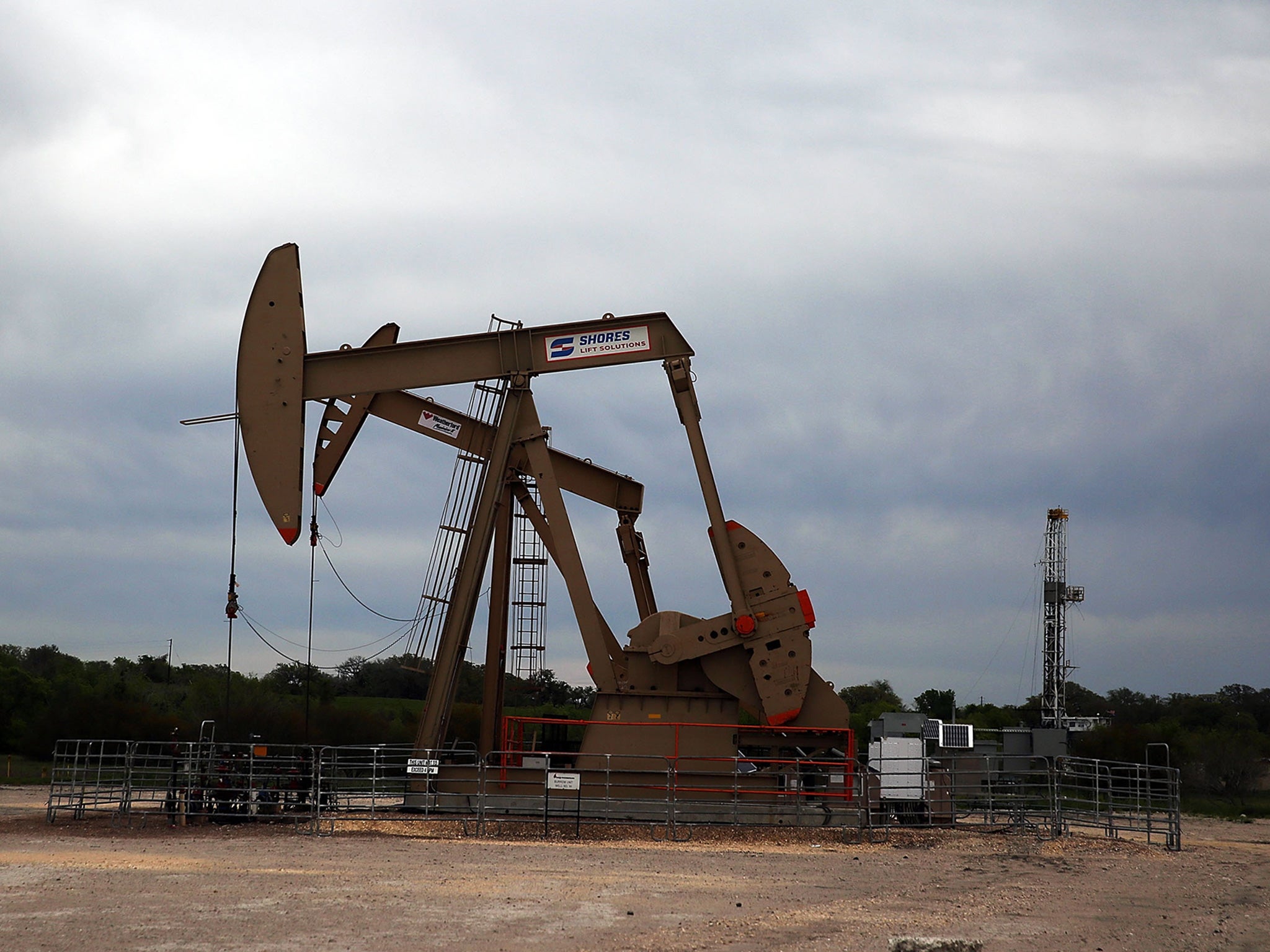Short-sellers target Petrofac with £389m bet on shares
The figures also show big bets against FTSE 250 explorers Afren and EnQuest

City investors are making a £700m-plus bet against the shares of listed firms exposed to weak oil prices, according to figures compiled for The Independent.
Short-sellers – who borrow shares to sell in the market in the hope of profiting by buying them back more cheaply when the price falls – have racked up bets against FTSE 100 oil and gas focused engineering firms Petrofac and Weir Group as well as explorer Tullow Oil, according to financial data provider Markit.
The figures also show big bets against FTSE 250 explorers Afren and EnQuest, leaving firms under threat from the dramatic plunge in crude prices since June last year accounting for a quarter of the top 10 most-shorted stocks in the FTSE 100 and 250.
Petrofac is the biggest target of the short-sellers, following a profit warning late last year, driven by a combination of falling oil prices, a union dispute and delays on a major engineering project in the North Sea. According to Markit, 11.7 per cent of its stock is on loan with short-sellers, effectively a £389m bet on the shares falling based on Petrofac’s current market value.
Investors have also taken a £189m position against Weir Group, which manufacturers pumps and valves for the oil and gas sector, as well as a £111m bet against Tullow Oil. In January, Tullow wrote off $2.7bn (£1.8bn) on the value of its exploration assets as it slashed expectations for future profitability in the light of the falling oil price.
Brent crude is now at $55 dollars a barrel – less than half the level of last June – as this week’s initial agreement between the US and Iran over the nation’s nuclear programme raises the prospect of sanctions being lifted, and Iranian crude coming onto oversupplied markets. Sanctions remain in place until a final deal, which could come at the end of June.
Markit analyst Simon Colvin said: “The oil and energy sector is definitely where the short-selling has increased in the past few months. We’re also seeing this pattern in European markets and the US, where shale gas producers are also being targeted.”
Join our commenting forum
Join thought-provoking conversations, follow other Independent readers and see their replies
Comments
Bookmark popover
Removed from bookmarks